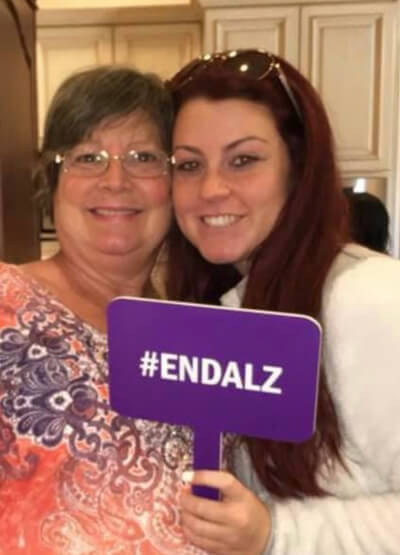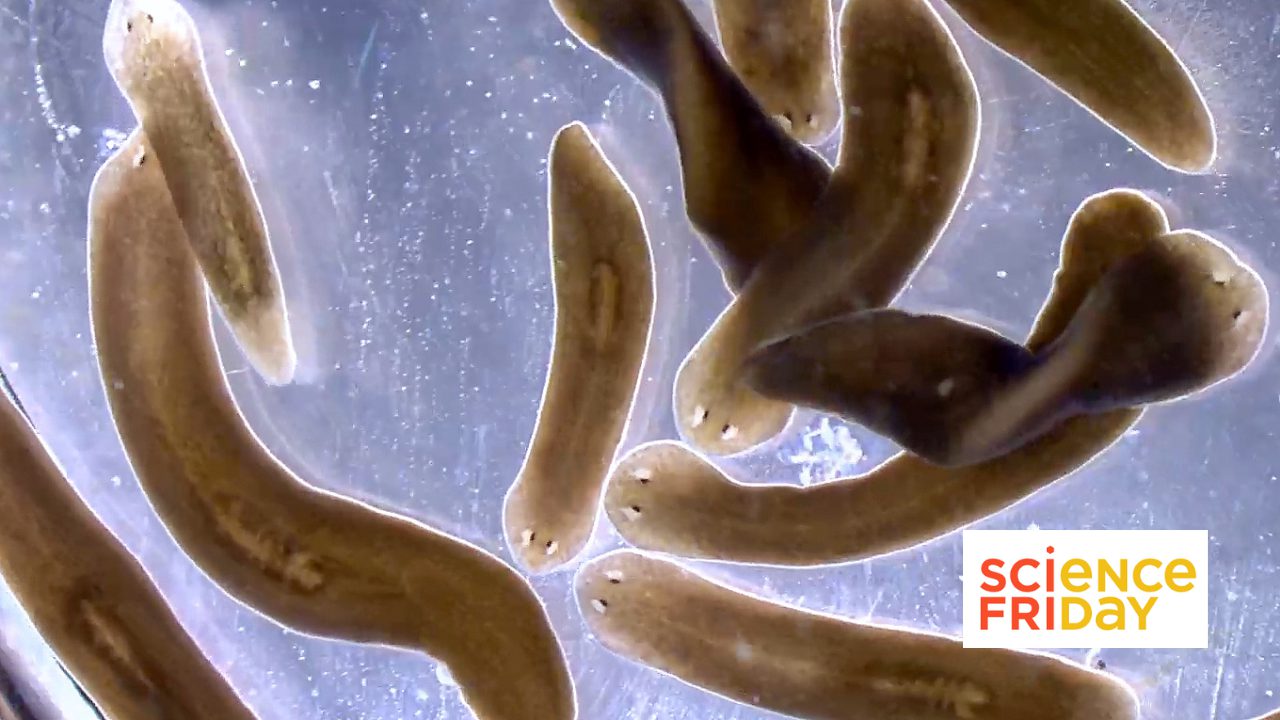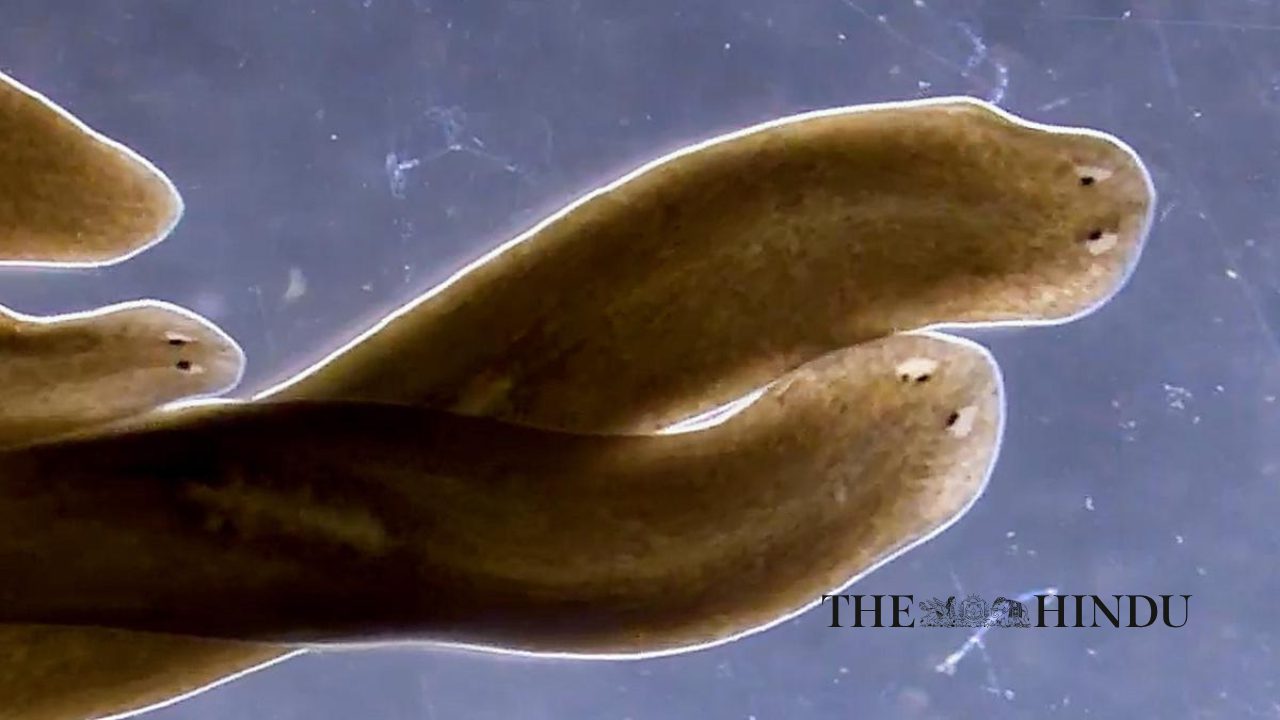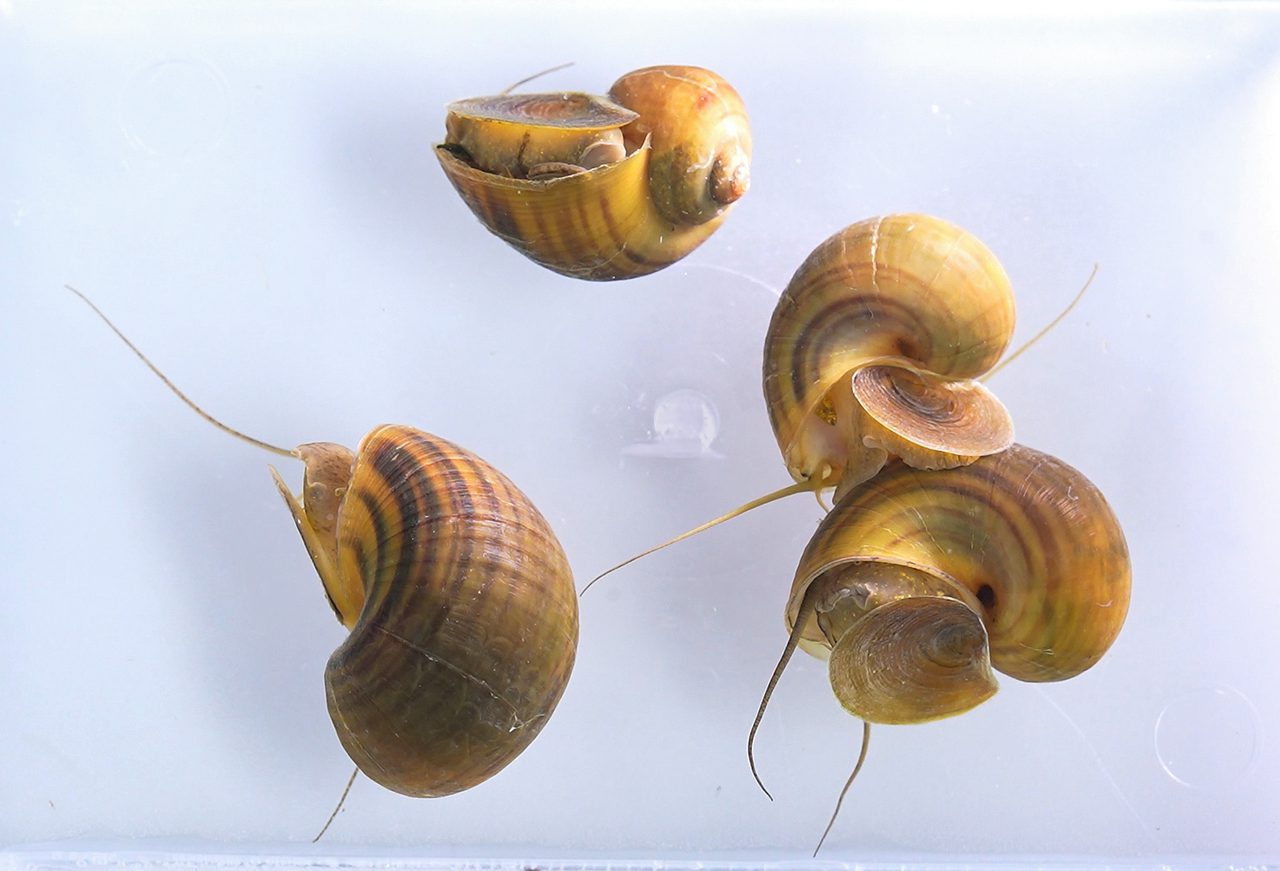“Looking at her, I knew it wasn’t my mom. I saw Alzheimer’s instead. Not only did I lose her physically, but mentally I also lost her because she had no idea who I was,” she said.
It was during that time that she also found strength and resilience.
“I think those five years taught me a lot of patience, and a lot of gratitude. Never take a day for granted,” she explained. “I’ve especially leaned on that ever since my dad died.”
Hutton was faced with her mother’s diagnosis in 2012 and death in 2017, only to be followed by another tragedy. Her father died in May 2022 from heart failure.
“Losing someone once, that’s a hit, but losing someone twice, that’s a blow,” she said.
Still, she’s found the strength, despite the circumstances she faces, to continue fighting in memory of her mother and father.
“The main reason why I do what I do is because I don’t want to have to have another 13-year-old girl ever have to parent her mother, nor do I want any 19-year-old girl to have to bury her mother due to this disease. There’s no way to cure it, no way to slow it down, no way to prevent it,” she said.
Hutton shared her story with the Stowers Institute after learning of the foundational research being conducted by Stowers scientists on the brain and memory.
The hope is that research from the labs of Kausik Si, Ph.D., and Randal Halfmann, Ph.D., will provide knowledge that may help the medical community to one day better treat, alleviate, and prevent diseases such as Alzheimer’s. You can learn more about the impact of their foundational research here.
“If I were to meet a scientist who told me he was studying Alzheimer’s, I would probably cry and say, ‘thank you so much’,” she said.
Peggy Killian is the Vice President of Communications of the Greater Missouri Chapter of the Alzheimer’s Association. The Stowers Institute also talked with her about the importance of foundational research.
“The word superhero gets thrown around a lot, but scientists really are. The research that scientists are conducting will lead us to a point where we have an effective treatment for the disease,” Killian said. “There’s a real hope in what’s being uncovered. Treatments would be much more effective if they occur much earlier in the disease progression” she continued.
Killian’s appreciation of scientists is matched by her appreciation for those raising awareness, like Hutton.
“That same word, ‘superheroes’, can be applied to these people impacted as well. The fact that they have experienced the loss of someone so important to them who they love dearly, yet they still get involved in the fight, I’m just in awe of these individuals,” Killian said.
Hutton said despite all she’s been through, she’s left feeling hopeful for what lies ahead when it comes to scientists and the scientific community learning more about the brain and Alzheimer’s.
“Unfortunately, Alzheimer’s kills more people than breast cancer and prostate cancer combined, but it’s the least funded and talked about,” Hutton explained. “So, having somebody show that they care about this disease, tells us family members that we’re not alone,…that we’re not the only ones who care about this disease. There’s actually someone in the medical field making advancements, and caring for us,” she said.




